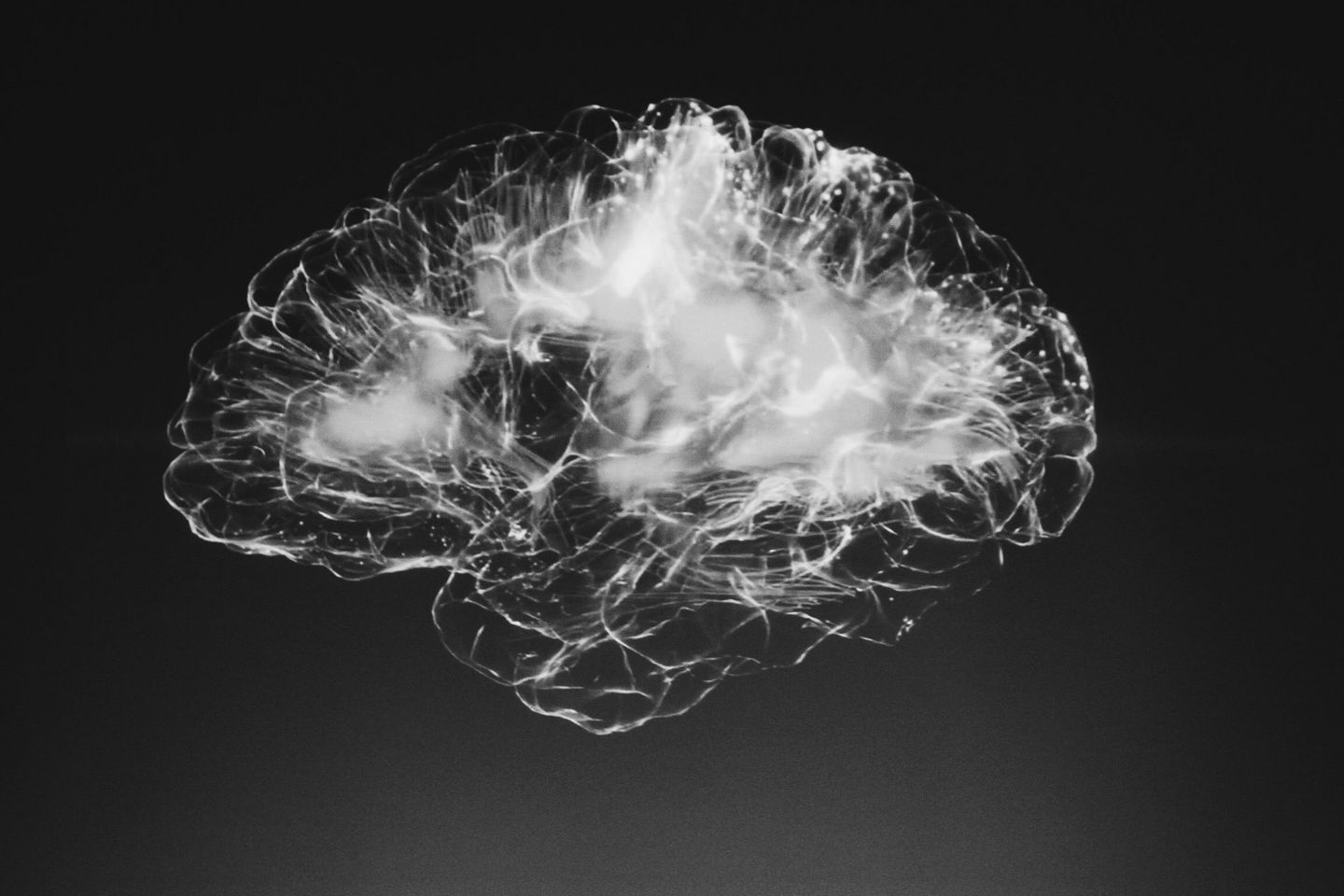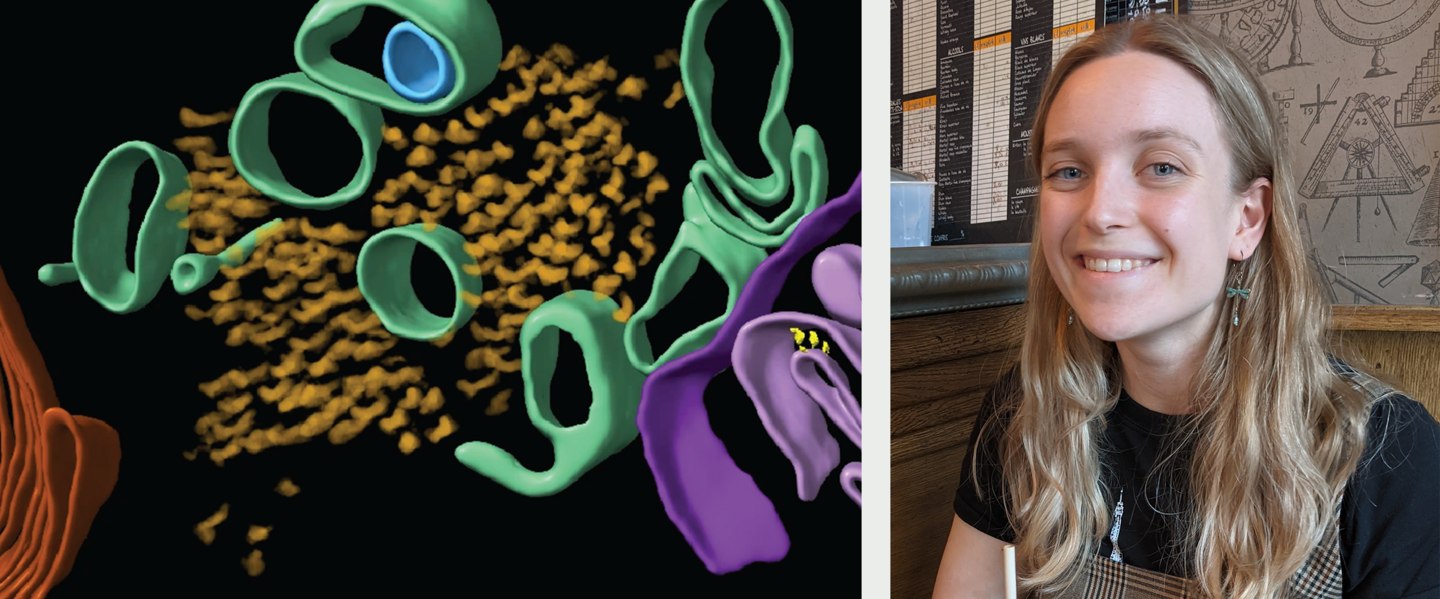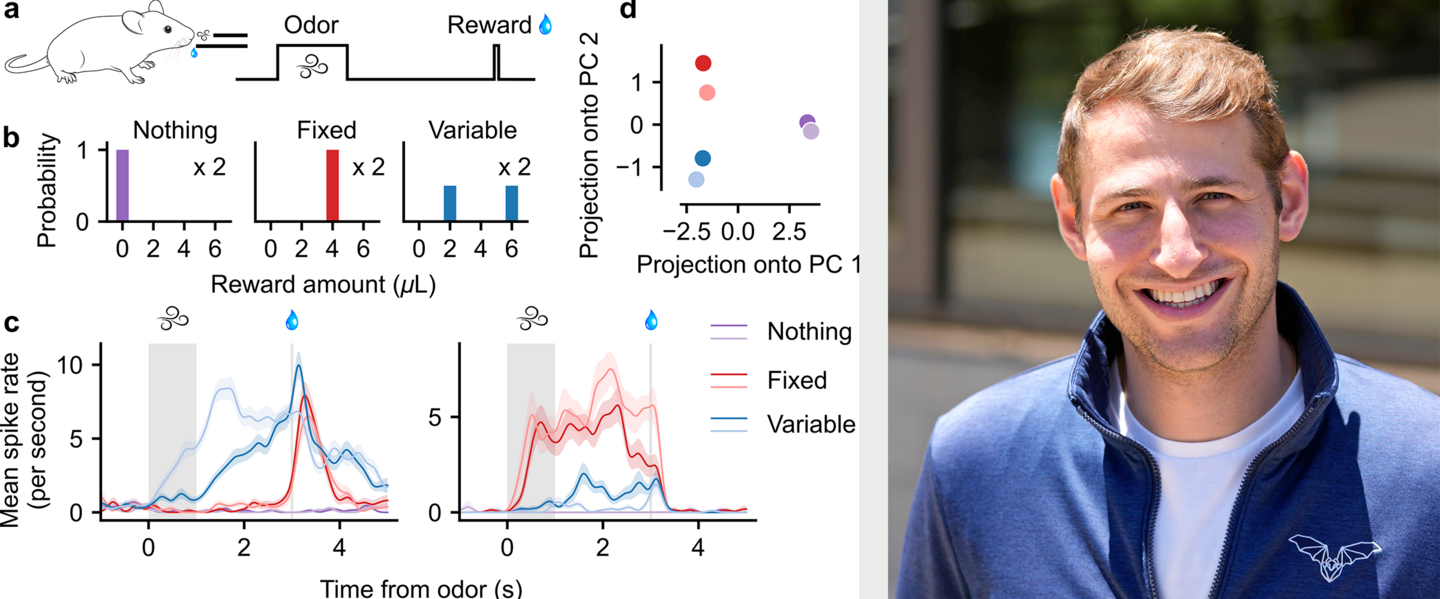Even today there are many unknowns when it comes to brain diseases such as Alzheimer’s, Parkinson’s, brain cancer, epilepsy and depression, and we still can’t fully comprehend these diseases that afflict so many in our society. The Brain Diseases Fund was set up to find answers to some of the most pressing questions in this area.
The Brain Diseases Fund promotes non-clinical basic research at the University of Zurich by supporting junior researchers. The UZH Foundation uses the funds to hand out annual prizes to young scientists for their outstanding contributions in the field of brain diseases. The UZH Award for Research in Brain Diseases was first awarded in 2006. The awarding of funds is overseen by an advisory board.

Are you a PhD candidate looking to boost your research on brain diseases? Apply for the Brain Diseases Award and present your findings to our prestigious panel of experts. The UZH Foundation awards yearly prizes (of CHF 10,000 each) for outstanding research among all submissions. Here you can find informations on the rules for applicants. Please submit your application in full as a PDF file by 30 April to Prof. Dr. Amedeo Caflisch.
Rules for Applicants Brain Diseases Award
The advisory board is made up of the following members:
Alzheimer's disease (AD) is the most common cause of dementia. In AD, proteins called Aβ and tau self-aggregate into filamentous structures termed amyloid, which form pathological aggregates that disrupt normal functioning of neurons and contribute to their demise. My PhD project used cryogenic electron tomography (cryoET) to observe Aβ and tau within AD brains. Using cryoET, we identified novel components of Aβ aggregates, discovered differences in amyloid organisations, and visualised the structural fold of amyloid filaments within brain tissue for the first time. These results inform how amyloid aggregates within AD brains, increasing our understanding of neurodegenerative disease.

Learning from rewards is critical to survival and can be altered in psychiatric diseases such as depression, addiction, and bipolar disorder. We know roughly how the brain learns about average reward, but little about whether and how it learns about reward distributions, which recent work in machine learning shows can unlock vast performance gains. In my PhD, I recorded from the brains of mice trained to associate odors with different reward distributions. Not only were probability distributions represented within the brain, but different cell types were preferentially dedicated to encoding the upper and lower tails of these distributions, and activating or inhibiting these cell types shifted the animals' behavior accordingly. Lastly, I synthesized these empirical findings into a new computational model that explains how such learning may be implemented at the biological level, thus providing a novel target for therapeutic interventions.

Looking at the funds awarded to date, one pleasing feature can be noted: More than 20 of the 30 prizes for groundbreaking results in brain research have been awarded to female doctoral students. The Brain Diseases Award therefore not only recognizes great innovative potential, it also promotes women in science.
2024 Linbi Cai, University of Zurich
A nasal chemosensation–dependent critical window for somatosensory development
2024 Camille Testard, Harvard University
Primate Neurothology
2024 Roeltje Maas, University of Lausanne
The local microenvironment drives activation of neutrophils in human brain tumors
2023 Daniel Gonzalez-Bohorquez, University of Zurich
Role of de novo lipogenesis in cortical development and intellectual disabilities
2023 Manuela Pérez Berlanga, University of Zurich
Loss of TDP-43 oligomerization or RNA binding leads to different aggregation patterns
2023 Yi Xiao Jiang, UCLA
Amyloid fibrils in FTLD-TDP consist of TMEM106B and not TDP-43
2022 Sydney E. Cason, University of Pennsylvania
Sequential dynein effectors regulate axonal autophagosome motility in a maturation-dependent pathway
2022 Fadi Jacob, Johns Hopkins
A Patient-Derived Glioblastoma Organoid Model and Biobank Recapitulates Inter- and Intra-tumoral Heterogeneity.
2022 Lyle Kingsbury, UCLA
Correlated Neural Activity and Encoding of Behavior across Brains of Socially Interacting Animals
2021 Ekaterina Friebel, University of Zurich
Single-Cell Mapping of Human Brain Cancer Reveals Tumor-Specifiv Instruction of Tissue-Invading Leukocytes
2021 Dasha Nelidova, University of Basel
Restoring light sensitivity using tunable near-infrared sensors
2021 David Tingley, NYU Neuroscience Institute
Routing of Hippocampal Ripples to Subcortical Structures via the Lateral Septum
2020 Claire Gizowski, UC San Francisco
Interplay between peripheral signals, behaviour and the central clock
2020 Sofie Ährlund-Richter, Karolinska Institute
On the Neuronal Correlates of Cognition: Cell-type specific Circuitry and Function of the Prefrontal Cortex
2020 Xuyu Qian, Harvard University
Modeling Human Brain Development and Disorders Using HiPSC-derived Organoids
2019 Sara Bottes, University of Zurich
Live imaging of neurogenesis in the adult mouse hippocampus.
2018 Gioele La Manno, Karolinska Institute, Stockholm
RNA velocity in single cells.
2017 Tobias Wauer, University of Cambridge
Structure of the human Parkin ligase domain in an autoinhibited state.
2016 Lisa Traunmüller, University of Basel
Control of neuronal synapse specification by a highly dedicated alternative splicing program.
2015 Anne Maass, University of Magdeburg
Vascular hippocampal plasticity after aerobic exercise in older adults.
2014 Katharina Gapp, University of Zurich
Implication of sperm RNAs in transgenerational inheritance of the effects of early trauma in mice.
2014 Marc Aurel Busche, TU München
Clusters of hyperactive neurons near amyloid plaques in a mouse model of Alzheimer's disease.
2013 Sandra Giovanoli, ETH Zurich
Stress in puberty unmasks latent neuropathological consequences of prenatal immune activation in mice.
2012 Amelie Ebke, LMU München
Novel γ-secretase snzyme modulators directly target presenilin protein.
2011 Stéphanie Vuillermot, ETH Zurich
The recombinant amyloid-beta peptide Abeta1-42 aggregates faster and is more neurotoxic than
synthetic Abeta1-42.
2010 Andreas Vitalis, Washington University in St. Louis
Quantitative characterization of intrinsic disorder in polyglutamine: insights from analysis based on
polymer theories.
2010 Verena Finder, ETH Zürich
The recombinant amyloid-beta peptide Abeta1-42 aggregates faster and is more neurotoxic than
synthetic Abeta1-42.
2009 Susanne Schneider, University of Lübeck
Mutations in the THAP1 (DYT6) gene- a cause of generalized dystonia with prominent spasmodic dysphonia.
2008 Carsten Sachse, University of Jena
Paired β-sheet structure of an Aβ(1-40) amyloid fibril revealed by electron microscopy
2008 Anat Frydman-Marom, University of Tel Aviv
Cognitive performance recovery of Alzheimer's disease model mice by modulating early soluble
amyloid assemblies.
2007 Eline Vrieseling, University of Basel
Target-induced transcriptional control of dendritic patterning and connectivity in motor neurons by
the ETS gene Pea3.
2007 Marlen Knobloch, University of Zurich
Intracellular Aβ and cognitive deficits precede β-amyloid depositiobloch UZH'Intracellular Aβ and cognitive deficits precede β-amyloid depositiobloch UZH'Intracellular Aβ and cognitive deficits precede β-amyloid deposition in transgenic arcAβ mice.
2006 Mathias Heikenwälder, University of Zurich
Chronic lymphocytic inflammation specifies the organ tropism of prions.
